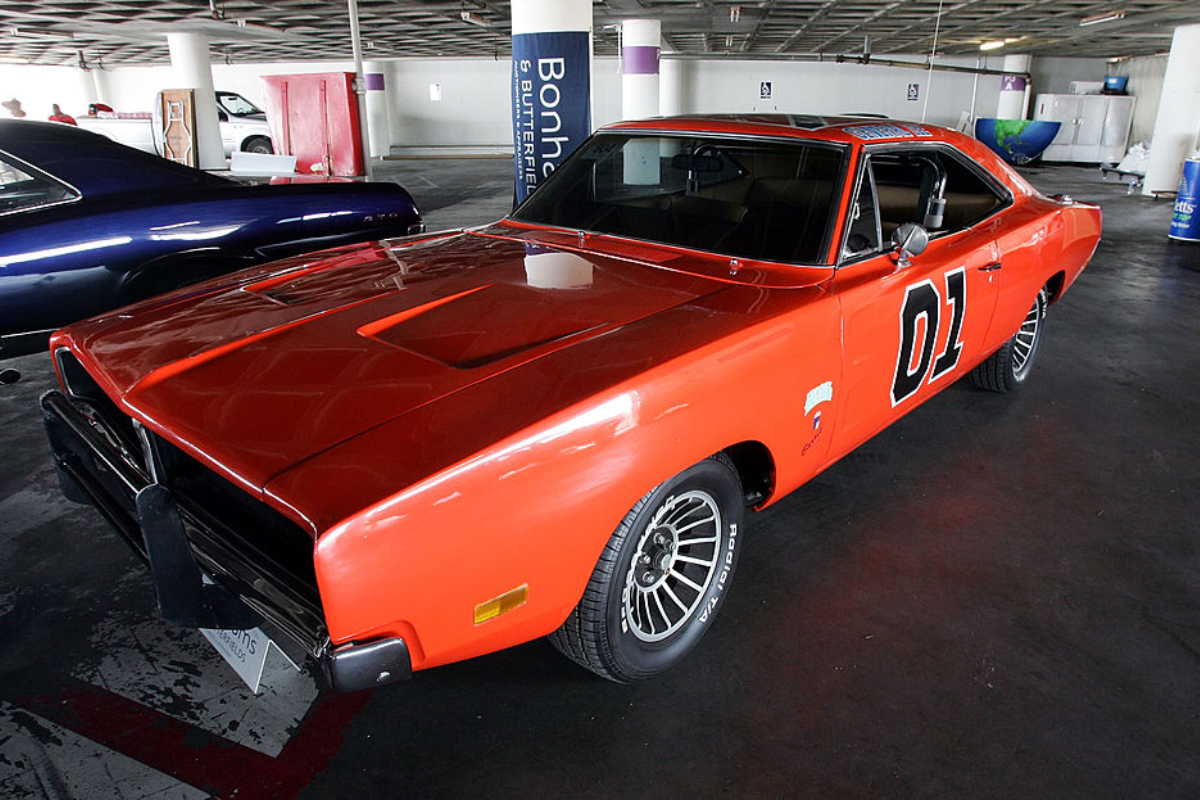Abandoned 1968 Ford Mustang Goes From Storage to Epic Graduation Gift
Craig Garrett | February 25th, 2024
‘Dukes of Hazzard’: There’s More to General Lee’s Name Than Meets the Eye
Craig Garrett | February 22nd, 2024
Remembering Toby Keith: A Look at the Country Star’s Vintage Car Collection
Joe Rutland | February 06th, 2024
Andy Griffith Once Spent a Ton to Add This Classic Convertible to His Car Collection
Craig Garrett | January 24th, 2024
Snoop Dogg’s Old School Car Collection is Perfection Perfected
Craig Garrett | January 21st, 2024
- Abandoned 1968 Ford Mustang Goes From Storage to Epic Graduation Giftby Craig Garrett
- ‘Dukes of Hazzard’: There’s More to General Lee’s Name Than Meets the Eyeby Craig Garrett
- Remembering Toby Keith: A Look at the Country Star’s Vintage Car Collectionby Joe Rutland
- Andy Griffith Once Spent a Ton to Add This Classic Convertible to His Car Collectionby Craig Garrett
- Snoop Dogg’s Old School Car Collection is Perfection Perfectedby Craig Garrett
- Where Is the White Ford Bronco From the O.J. Simpson Chase Now?by Evan Roberson





















